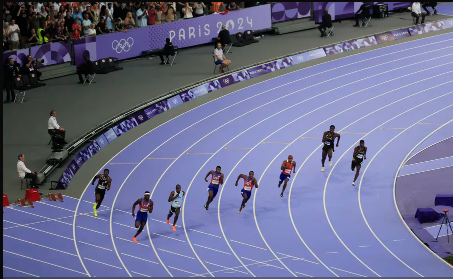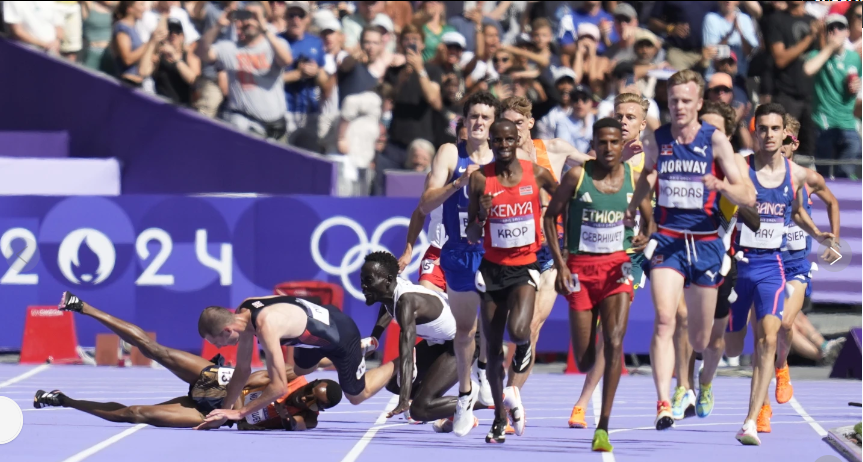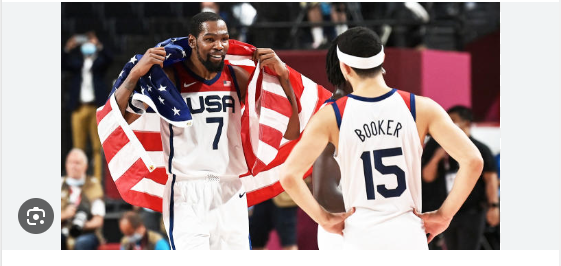The Paris Olympics 2024 delivered countless unforgettable moments, from record-breaking achievements and thrilling finishes to heartwarming scenes. However, as the Olympics concluded, a new controversy emerged in the U.S., where the country had claimed 126 medals. Ohio State University’s Board of Trustees has made a surprising move that has shocked the sports community.

The board has established a new committee to focus on what President Ted Carter refers to as “the front porch of the university,” meaning athletics. The committee had its inaugural meeting on August 21, aiming to better integrate Ohio State’s athletic department with the trustees. During this brief public session, Athletic Director Ross Bjork outlined a significant shift in funding away from Olympic sports. The timing of this decision is particularly noteworthy.
With the Paris Olympics now over, Olympic sports will soon recede from the spotlight and remain less relevant until the next Games in four years. Bjork attributed the changes to a recent legal settlement in the House v. NCAA case, which challenged the NCAA’s rules on name, image, and likeness (NIL). This landmark settlement, allowing schools to directly pay athletes, is set to transform collegiate athletics in the U.S. over the next decade.
The settlement includes $2.8 billion in back pay for former NCAA athletes over the past decade, with schools able to share up to 22% of their average athletic revenues, potentially exceeding $25 million annually. The new regulations will also remove scholarship limits per sport and impose roster limits, potentially reducing Ohio State’s roster by 150 student-athletes. Additionally, NIL regulations will shift from an open-market system to being managed by third-party entities like collectives or agencies.
President Carter has stressed that the university will continue to offer scholarships and programs but acknowledges that some sports may start to resemble club sports, even as they maintain Division I competition status. As these changes take effect, fan reactions have been intense and varied.

Fans are expressing frustration, with some seeing this shift as a departure from the core values of collegiate athletics, which once emphasized amateurism over financial concerns. Critics argue that the focus has shifted to financial gain, particularly favoring football and men’s basketball teams. As one fan put it, “Business gonna business,” reflecting widespread disappointment in the direction college sports are heading. Concerns are also growing about the potential decline of U.S. dominance in the Olympics and the future of Olympic sports at the collegiate level.


